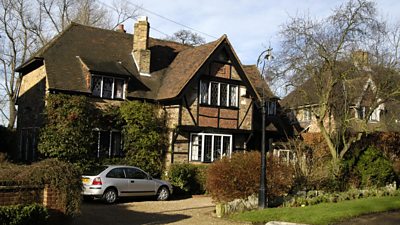You need to consider how your work could injure others, including children. You must be aware that the standards of safety and maintenance at a location may be unsatisfactory and you may have to take additional precautions.
What Can Go Wrong?
- Shocks or burns from poorly maintained electrical/ gas installations
- Fires from inadequate precautions
- Injuries / infections from pets, some maybe dangerous
- Slips trip and falls from poor maintenance
- Additional risks from production people and activities
- Lone working may add additional risks. This should be avoided where possible
- Child protection issues
- Limited access to first aid treatment
- Attack or abuse from residents
Legal/���˿��� Requirements
- ���˿��� Child Protection policy may apply.
- All temporary electrical systems however small, must comply with BS7909. Refer to guide page on Production Electrical and Lighting if relevant.
Control Measures
General Controls
- Ensure all the electrical equipment to be used is suitable for the purpose. Refer to Electricity: Working with pages where relevant.
- Ensure that any electrical cabling does not draw above its safe rated capacity (e.g. 13 amp).
- If using lighting refer to guidance and controls on the Production and Electrical Lighting page.
- Ensure the existing fire precautions are adequate for the number of persons involved in location work and the nature of the work.
- Ensure there are control measures to cover any shortcomings in fire precautions; and for any hazards introduced by the work, such as the proximity of hot lamps to combustible materials. (e.g. provision of additional fire extinguishers).
- Properties with only one entry/exit might need extra precaution.
- If children or minors are present, a parent or other responsible adult must be present at all time. Refer to the Children and Young People topic.
Hazards from production activity/ equipment
- Ensure equipment and cables are positioned so as not to present risk to occupants, especially the infirm or children. Supervise if this is unavoidable.
- Ensure all personnel can exit the property easily in the event of an emergency.
- Nominate one person (e.g., Gaffer or Chief Electrician) to accept responsibility for location lighting and electrical requirements. Make sure this person has the appropriate level of competence.
- Ensure this person inspects, rigs, operates and de-rigs all lighting and electrical equipment used or supervises these activities appropriately.
- Make arrangements with the owner / occupier in advance and agree the purpose of filming. Discontinue questioning if owner becomes upset or aggressive. Try to calm the situation, or leave.
- Consider if any occupiers of other properties in the vicinity could pose a threat to personnel.
Animals
- Consider the guidance and controls in the Animals topic.
- If pets will be present check to see if any of the team suffer from phobias or allergies and take appropriate action.
- It is best to keep pets in a separate room, unless they are part of the action.
- Check if it’s a potentially dangerous animal.
- Consider hiring a cleaning contractor before using a property for a long period.
- Wash hands after handling pets, particularly before eating.
Division Specific Issues
- No division specific issues.
FAQs/Did You Know?
- People often undertake DIY to electrical supplies etc. in their own homes which may not be to an acceptable standard to use.
Recommended links
-
[Gateway]
-
Premises and sets topics
-
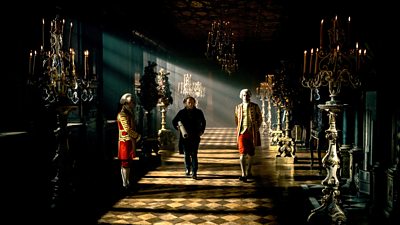
Sets & Premises safety guide
This Safety Guide collates those of our Safety Guidelines relating to construction activities (on sets or other structures, including under 'CDM') and to the occupation / use of building premises (studios or locations). -
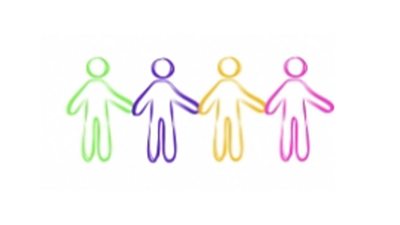 This site is for ���˿��� Employees or potential future employees only. If you are not a ���˿��� employee or looking for further information regarding ���˿��� Access Services then please click on another page from the menu above, where you can find out more about Remploy.
This site is for ���˿��� Employees or potential future employees only. If you are not a ���˿��� employee or looking for further information regarding ���˿��� Access Services then please click on another page from the menu above, where you can find out more about Remploy. -
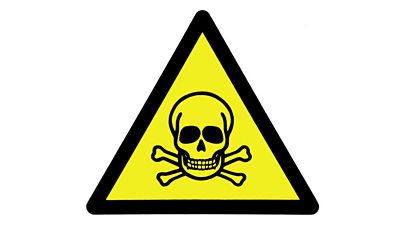
Asbestos Management on ���˿��� premises
This is a summary of the way that asbestos is managed in ���˿��� Buildings. It supplements the information about managing asbestos on productions. -
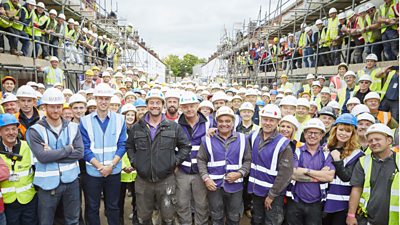
CDM Overview
Legislation to ensure the safe design and construction of structures was updated in April 2015, namely the Construction (Design and Management) Regulations 2015 (CDM 2015) -

CDM 2015 - The ���˿��� Approach
Guidance on the practical application of the Construction (Design and Management) Regulations 2015 across the ���˿��� -
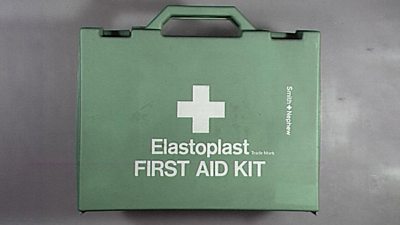
First Aid in ���˿��� Premises
This page describes how first aid is arranged in ���˿��� premises. It supplements the guidance to first aid on productions. It is aimed at people who need to decide what provision to make for first aid on ���˿��� premises. It also provides the arrangements and numbers for contacting ambulances and the National Central Control Room (NCCR). -
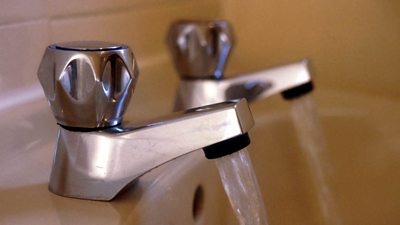
Legionella in Premises: Control of
This guidance provides an overview of how water systems are managed in premises to minimise the risks from the Legionella bacteria. -
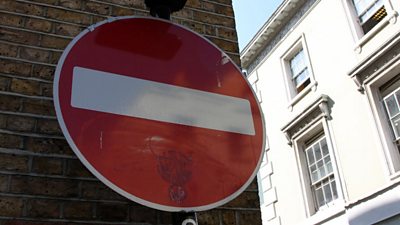
Permit to Work in ���˿��� Buildings (Restricted Work)
Some work in ���˿��� buildings is restricted and you have to get permission, called a Permit To Work (PtW) to do it. -
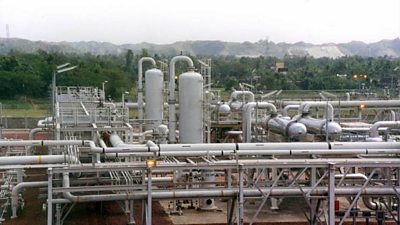
Pressure Systems
A guide to pressure systems in buildings. Pressure Systems include all plant/systems that contain a ‘relevant fluid’, defined as steam or gas under pressure and liquids under pressure which become gases upon release to the atmosphere, at a pressure greater than 0.5 bar (about 7psi) above atmospheric (except for steam). Around the ���˿��� there are heating, fuel transfer, compressed gas and hydraulic systems used in program production, studios (e.g. Camera Peds), office and maintenance facilities. -
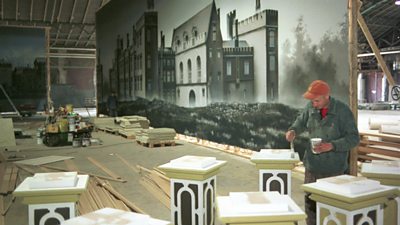
Sets: Safety of
This Safety Guideline is concerned with the construction and use of production sets and associated scenery used in studios and on locations.
More from SSR
-
Your platform to record accidents, risk assessments, assurance monitoring and inspections
-
Safety Equipment Stores
Just one number to call: 020 3614 5155 -
���˿��� Safety Guidelines
An A-Z of ���˿���'s Health and Safety Guidelines -
Safety Advice Line: 0370 411 0464 Email: safety@bbc.co.uk
- A-Z of ���˿��� Safety Guidelines
- Accident Reporting and Investigation
- ���˿��� Health & Safety Policy
- Contractors (incl. vetted lists)
- Contributors
- Fire Safety
- Freelancers
- Independent Production Companies
- Risk Assessment
- Safety Alerts
- Safety Responsibilities
- Safety Training
- Sets & Premises Safety Guide
Events guidance - key links:
- Exhibitions
- General Guidance
- Indoor Location Recce Checklist
- Outdoor Location Recce Checklist
- Major Incidents & Emergency Planning
- Marketing and Promotional
- Noise Exposure
- Planning and Management
- Responsibilities
- Responsibilities Form
- Laser Lighting Effects
- Strobe Lighting
- Temporary Stages and Rostra
Health topics - key links:
- (���˿��� network only)
- Contributors Fitness to Participate
- Display Screen Equipment (DSE)
- (���˿��� network only)
- First Aid and Welfare on Location
- International Travel - Risks & Health
- Manual Handling
- Mental Health: ���˿���page
- (���˿��� network only)
- Personal Health and Wellbeing
- Pregnancy
- Psychological Trauma Support & Trauma Risk Management (TRiM)
- Tiredness and Fatigue
- Travel Health Contacts
���˿��� High Risk - key links:
- CBRN and Industrial Spills
- Covert Filming
- Crisis Management and Security Support
- Demonstrations, Protests and Crowds
- Disaster Coverage
- Door Stepping
- (���˿��� network only)
- (���˿��� network only)
- Public Order
- Safety Equipment Stores
���˿��� Journalism - key links:
���˿��� Productions - key links:
- Aerial Filming and Airfields
- Animals: Displaying and handling for performance
- Boats: Working on
- Children and Young People
- Driving
- Electrical Equipment and Systems
- First Aid and Welfare on Location
- Food Safety (Cooking and Catering)
- Remote Location Working
- Roads and Streets: Working by
- Security of Productions on Location
- Stunts
- Tiredness and Fatigue
- Unmanned Aerial Systems (UAS aka Drones)
- Vehicles: Recording in, from and around
- Working at Height: Mobile Elevating Work Platforms
- Working at Height: Tower Scaffolds
���˿��� Radio - key links:
- (���˿��� Network only)
���˿��� Security - key links:
���˿��� Sport - key links:
About this site
This site describes what the ���˿��� does in relation to managing its health, safety and security risks and is intended for those who work directly for the ���˿���.
It is not intended to provide instruction or guidance on how third parties should manage their risks. The ���˿��� cannot be held liable for how this information is interpreted or used by third parties, nor provide any assurance that adopting it would provide any measure of legal compliance. More information
Some links on this site are only accessible when connected to the ���˿��� network
